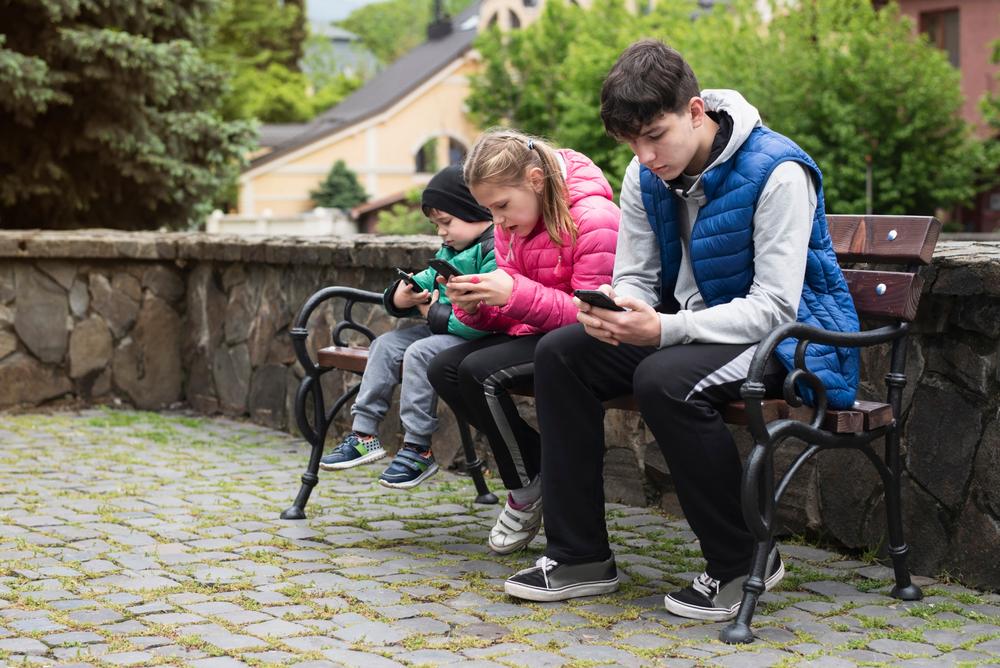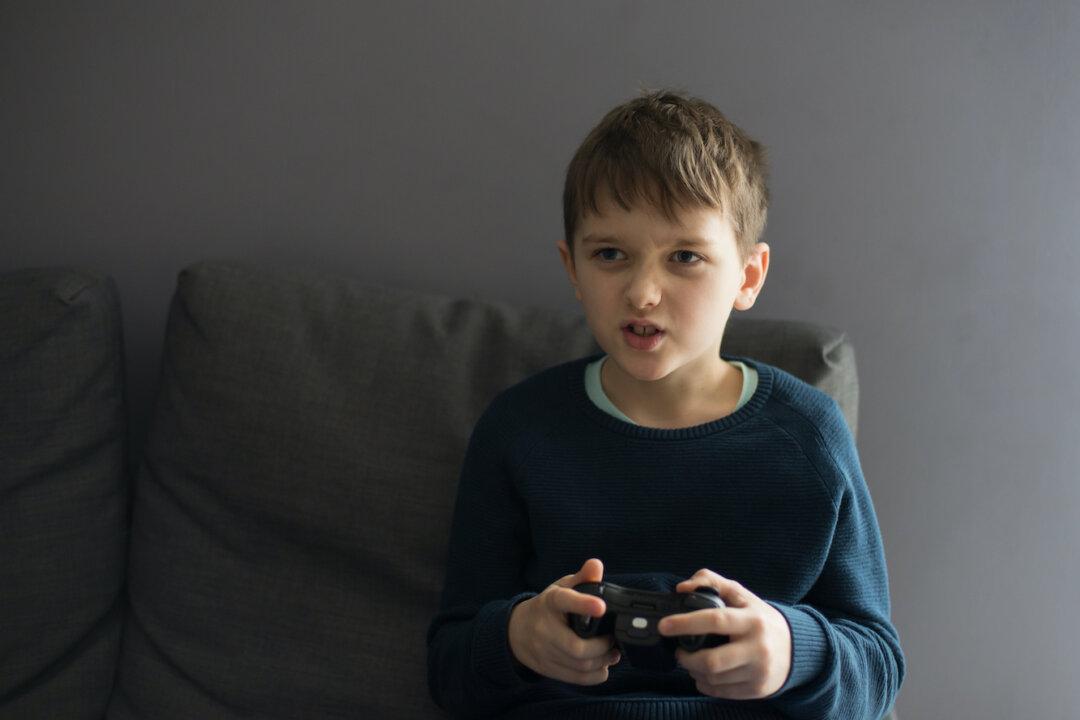I was recently invited to a gathering of eight moms who had been to a ScreenStrong workshop at their school. They were learning from each other about how to deal with the screen dilemmas in their homes. We sat together in a cozy den and chatted about what grades our kids were in, what they were doing online, and how hard it was to manage video games and social media. It made me realize again that parents need a close community when facing an issue like managing kids and screen addiction.
There Is Strength in Numbers
“We have so many questions,” one mom said.“I just need to talk to moms with kids the same age as mine to get advice,” said a mom of a 15-year-old girl.






